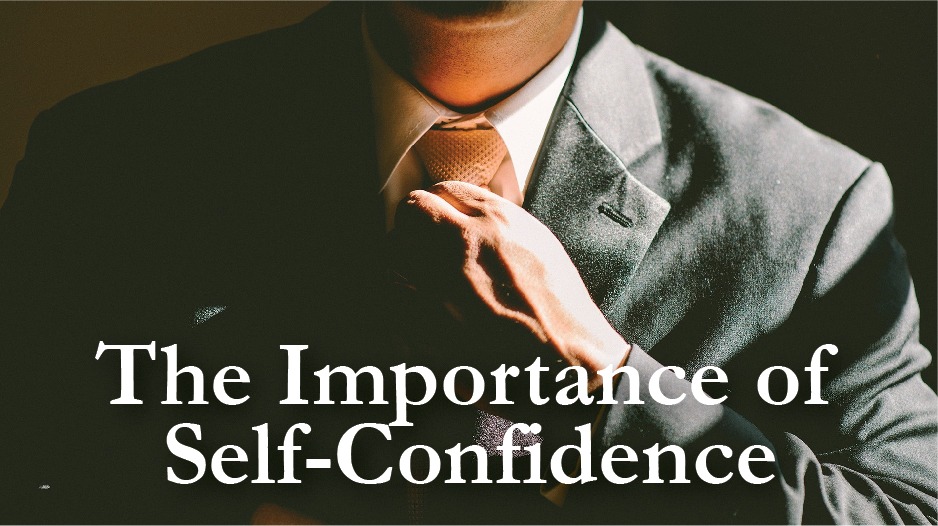Why Self-Confidence Matters
Recently, the American Psychological Association (APA) featured part of an article on self-confidence from The New York Times (Ravenscraft, 2019). The article explained how self-confidence is compared to running water in our house. We may not know every detail about how it works, but we know when it’s not there. You can feel the negative impact on your life.
Self-confidence is defined by Psychologist and Author Albert Bandura (1994) as the view of how likely we are to accomplish our goals based on our experience. Self-esteem is our belief of our overall worth, while self-efficacy is our belief that we can accomplish something specific. You can have no confidence in your ability to learn how to cook or fix a car but still believe you are a good person and deserve love.
Having self-confidence does not just make us feel better about ourselves. It also helps us get out of our comfort zone and try new things. This can lead to improvements in your life that you can see. Nevertheless, you have to take the first step and take a risk.
So how can you improve your self-confidence?
First, be brutally honest with yourself. This does not mean being open with everyone we meet. However, it can help to find one or two people that we really trust and be open with them about who we are so we can start from this point.
Physical exercise is a starting point. The APA states that exercise can help improve mood and help combat depression and anxiety. The act of sticking to a routine can help you feel more confident about your ability to accomplish something and notice the physical results.
Try an activity that takes you out of your comfort zone. Try learning a new hobby, confront someone in a conversation that you usually avoid, or try out a new set of clothes. Picture the confident version of yourself in clothes and dress that way.
Talk back to your internal impostor. The impostor syndrome is a mental state that tells us that our accomplishments do not really matter and someone is going to discover we are a fraud. You can challenge this by identifying and writing down your accomplishments and things you do well.
Physical posture matters. This may sound simple but if you practice sitting, standing and holding your head in an upright and confident manner, you may find you will feel more confident. The first time may feel strange, but again, this is a way to step out of your comfort zone.
Tell the internal critic that you hear them but you do not need to listen. Your internal critic or self-doubt will tell you reasons why you should not feel confident, but this does not mean the critic is right. Like many other skills in life, building confidence can take practice and time. If you remember self-doubt is a perception and not reality, this can help you push forward.
Information on this page should be utilized as a guide, not as medical advice. If you feel you need to speak with someone regarding counseling or mental health, please contact Hattiesburg Clinic Psychology & Counseling to make an appointment.
At Hattiesburg Clinic Psychology & Counseling, we offer counseling and mental health assessments. Following diagnosis, we work with you to determine the best course of treatment and counseling for you. If you would like to schedule an appointment, please contact us today.

